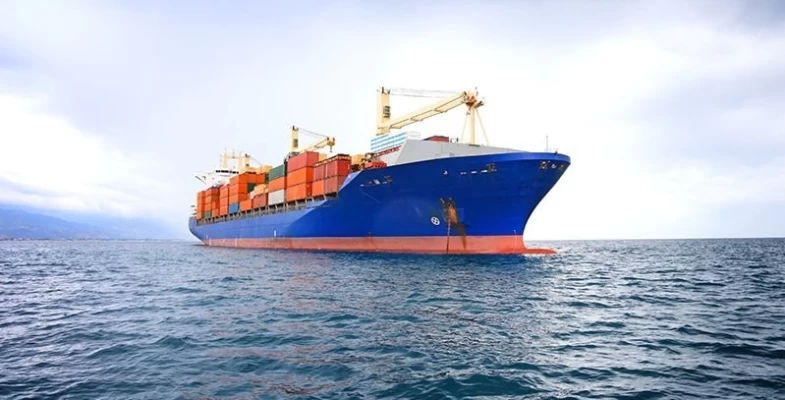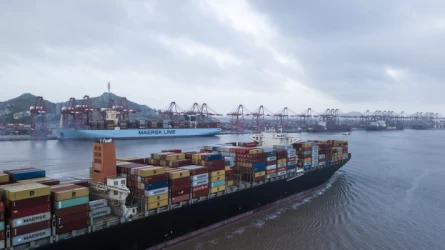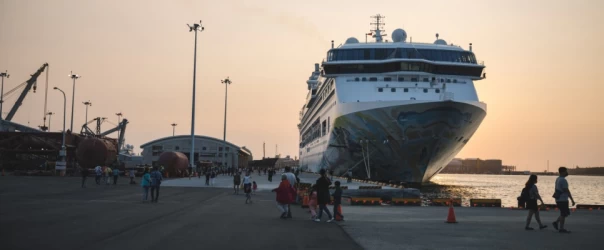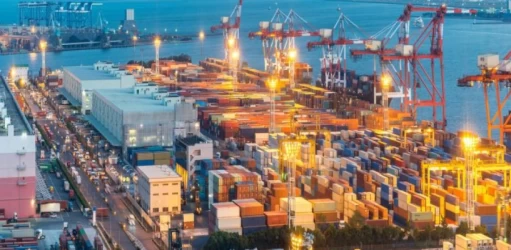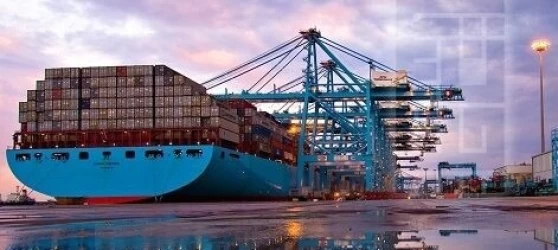Sea freight in Bahamas port
The Bahamas, an archipelago located in the Caribbean, is renowned for its beautiful landscapes and vibrant tourism industry. However, beyond its stunning beaches, the country boasts significant maritime transportation capabilities, particularly through its ports. The maritime sector plays a crucial role in the economy of the Bahamas, facilitating trade and connectivity both regionally and internationally. This article delves into the importance of maritime transportation in the Bahamas, highlighting its infrastructure, challenges, and future prospects.
History of Maritime Transportation in the Bahamas
Maritime transportation has been a vital part of the Bahamas' history since its discovery. The islands' strategic location made them an essential stop for ships traveling between Europe and the Americas. Over the centuries, the development of ports and shipping routes has been pivotal in shaping the Bahamian economy. Today, the country has evolved into a significant maritime hub, particularly for trade within the Caribbean.
Key Ports and Infrastructure
The Bahamas has several key ports that facilitate maritime trade:
- Port of Nassau: As the capital's primary port, Nassau plays a critical role in both cargo and cruise ship operations. It serves as a gateway for goods entering the Bahamas and a popular docking point for cruise liners, which significantly boosts the local economy.
- Freeport: Located on Grand Bahama Island, Freeport is one of the largest and most important ports in the Bahamas. It is known for its free trade zone, attracting international businesses and facilitating the import and export of goods. Freeport has extensive container handling facilities and is well-equipped to manage bulk cargo.
- Other Regional Ports: Several smaller ports, including Marsh Harbour, George Town, and Bimini, also contribute to the maritime landscape by supporting local trade and fishing activities.
Maritime Trade and Economic Impact
Maritime transportation is vital for the Bahamian economy. The country heavily relies on imports for most goods, including food, fuel, and consumer products. The ports serve as the main conduits for these imports, with cargo ships arriving regularly. Additionally, the Bahamas exports goods such as pharmaceuticals, rum, and seafood, further emphasizing the importance of efficient maritime logistics.
The tourism industry also significantly benefits from maritime transportation, with numerous cruise ships and ferries servicing the islands. This influx of tourists generates substantial revenue, underscoring the interconnectedness of maritime transport and the economy.
Challenges Facing Maritime Transportation
Despite its advantages, the maritime sector in the Bahamas faces several challenges:
- Environmental Concerns: The Bahamas is vulnerable to climate change and extreme weather events, including hurricanes that can disrupt port operations and damage infrastructure. Rising sea levels pose a long-term threat to coastal ports.
- Regulatory Framework: The maritime sector must navigate complex regulations, both domestically and internationally. Ensuring compliance with environmental standards and international shipping laws can be cumbersome.
- Infrastructure Limitations: While major ports have seen upgrades, there are still issues with aging infrastructure in some areas. Investments are needed to enhance capacity and improve efficiency to accommodate larger vessels.
Future Prospects
The future of maritime transportation in the Bahamas looks promising, with several initiatives underway to enhance the sector:
- Investment in Infrastructure: The Bahamian government and private sector are investing in upgrading port facilities, enhancing cargo handling capabilities, and improving logistics networks to make the country more competitive.
- Sustainability Initiatives: As environmental concerns become more pressing, there is a push for sustainable practices in maritime transportation. This includes adopting greener technologies and practices to reduce the carbon footprint of shipping operations.
- Enhancing Regional Connectivity: Strengthening maritime links with other Caribbean nations can enhance trade opportunities and promote regional economic growth. Collaborating with neighboring countries on shipping routes can lead to more efficient transportation solutions.
Conclusion
Maritime transportation is a cornerstone of the Bahamian economy, supporting trade and tourism while providing vital connectivity to the rest of the world. Despite facing challenges such as environmental threats and infrastructure limitations, the sector is poised for growth through strategic investments and sustainability initiatives. As the Bahamas continues to develop its maritime capabilities, it can enhance its role as a key player in the Caribbean maritime landscape.
If you have any specific questions or need further assistance, feel free to ask!

